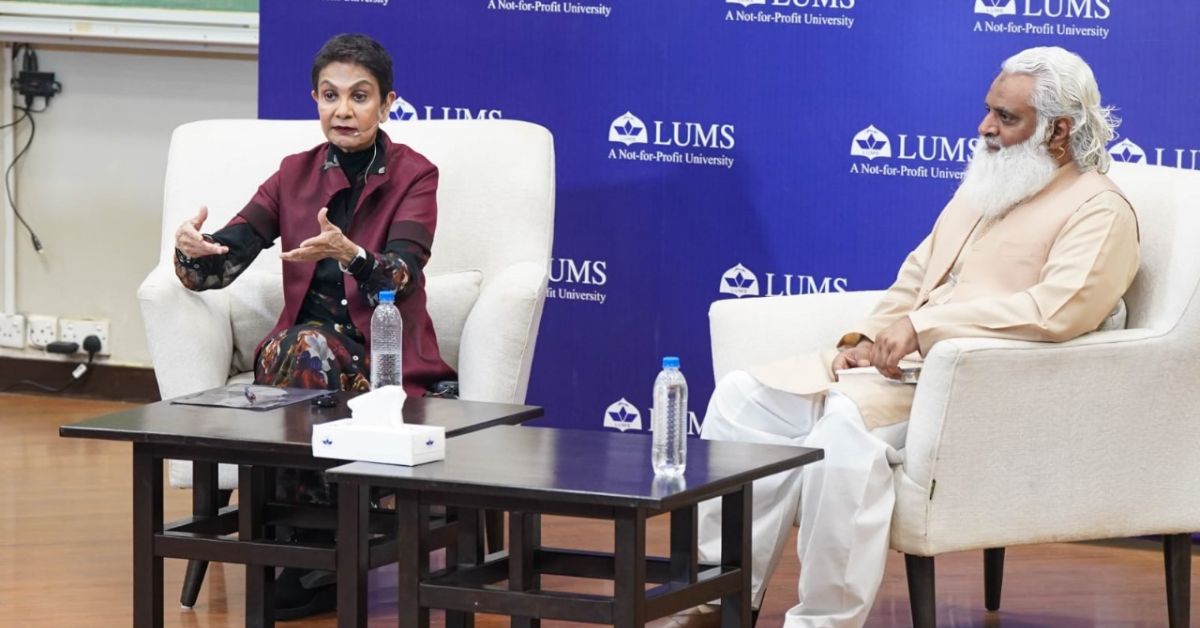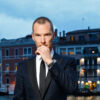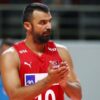Lahore: No one is winning the war against cancer. These soothing words of Dr. Ezra Raza, world-renowned oncologist, author, and professor at Columbia University, resonated with an enthralled audience at LUMS, where she held a series of thought-provoking talks from November 20-22. .
Citing literary greats such as Mirza Ghalib, Faiz Ahmed Faiz, and Emily Dickinson, Dr. Raza seamlessly weaves science, poetry, and the resilience of the human spirit into his discourse. It challenged conventional thinking, emphasizing a shift from reactive maintenance to proactive prevention. Despite spending billions of dollars on cancer research, he noted that treatment today still follows a ‘slash, poison, and burn’ approach.
In a joint session with Columbia University professor of biophysics Dr. Stavrola Kostini, Dr. Raza emphasized a revolutionary, patient-centered approach that begins with detecting disease in the first cell, from where healing to disease can lead to healing. Begins to move.
His best-known book, The First Cell: And the Human Costs of Pursuing Cancer to the Last, delves deeply into these themes and has been praised for its bold critique of conventional treatment.
Dr. Raza’s philosophy recognizes the interconnectedness of compassion, art and science. During several talks, he explored major existential crises, including climate change, through the timeless wisdom of poetry, saying that “poetry is not only possible in this age, but it is precisely what we need to overcome our decay.” “Helium needs to be supplied.”
His recitals of classic Urdu works, with his simple yet profound interpretations, inspired audiences to reconnect with their language and cultural heritage. He urged students to embrace the depth of Urdu literature, calling it a source of wisdom and emotional resilience in today’s fast-paced world. He also highlighted the need for collective human action, arguing that “Van Gogh himself could stand and paint starry nights—art is ‘I,’ but science is ‘us.’ There should be an effort.
These sessions were hosted by LUMS’ key initiatives: The Gurumani Center for Languages and Literature, The Two Cultures Initiative, and Ferozsan Initiative for Research Excellence. They were moderated by LUMS faculty, including Drs. Basit Bilal Kaushal, Ali Usman Qasmi, Shepar Mirza, and Fatima Fayaz.
Dr. Raza’s talk at LUMS attracted a large audience in person and via live stream – a venue filled with academics, business leaders, renowned authors, and dignitaries from across Lahore.
His sessions served as a call to action not only to rethink the way we approach medicine, but also to rethink life’s biggest challenges, giving participants an Urdu vocabulary. The new definition and combination of science and art left us to tackle the major challenges of our age.












